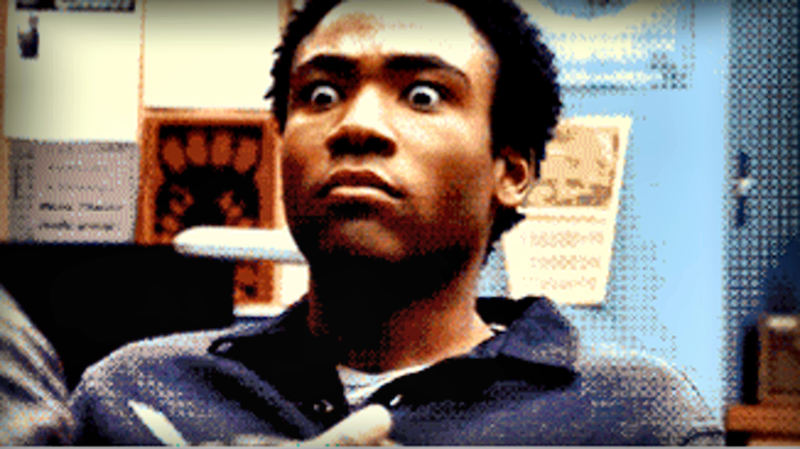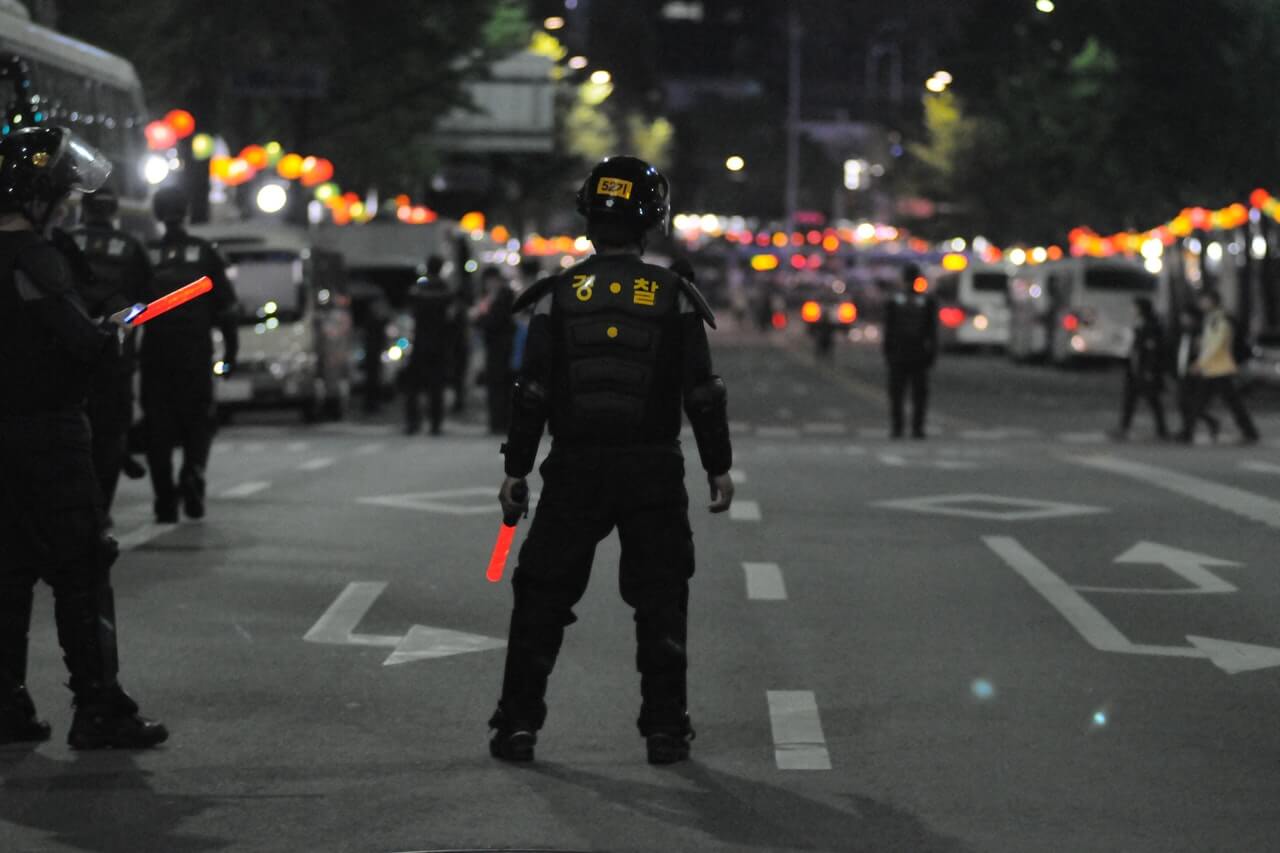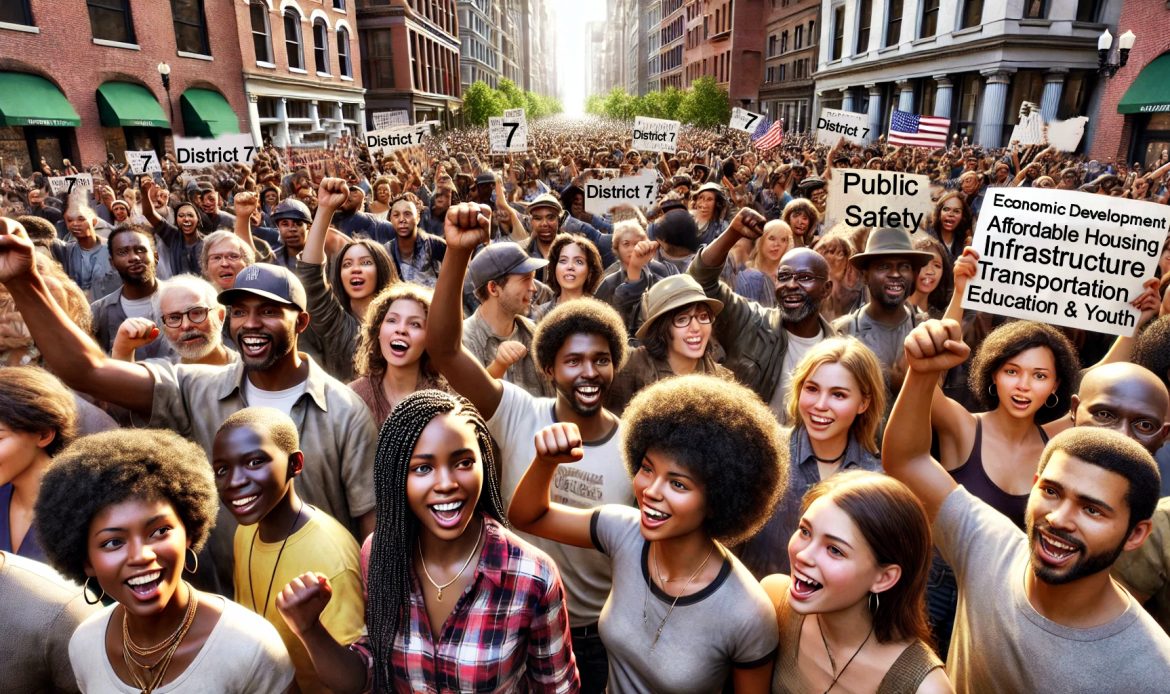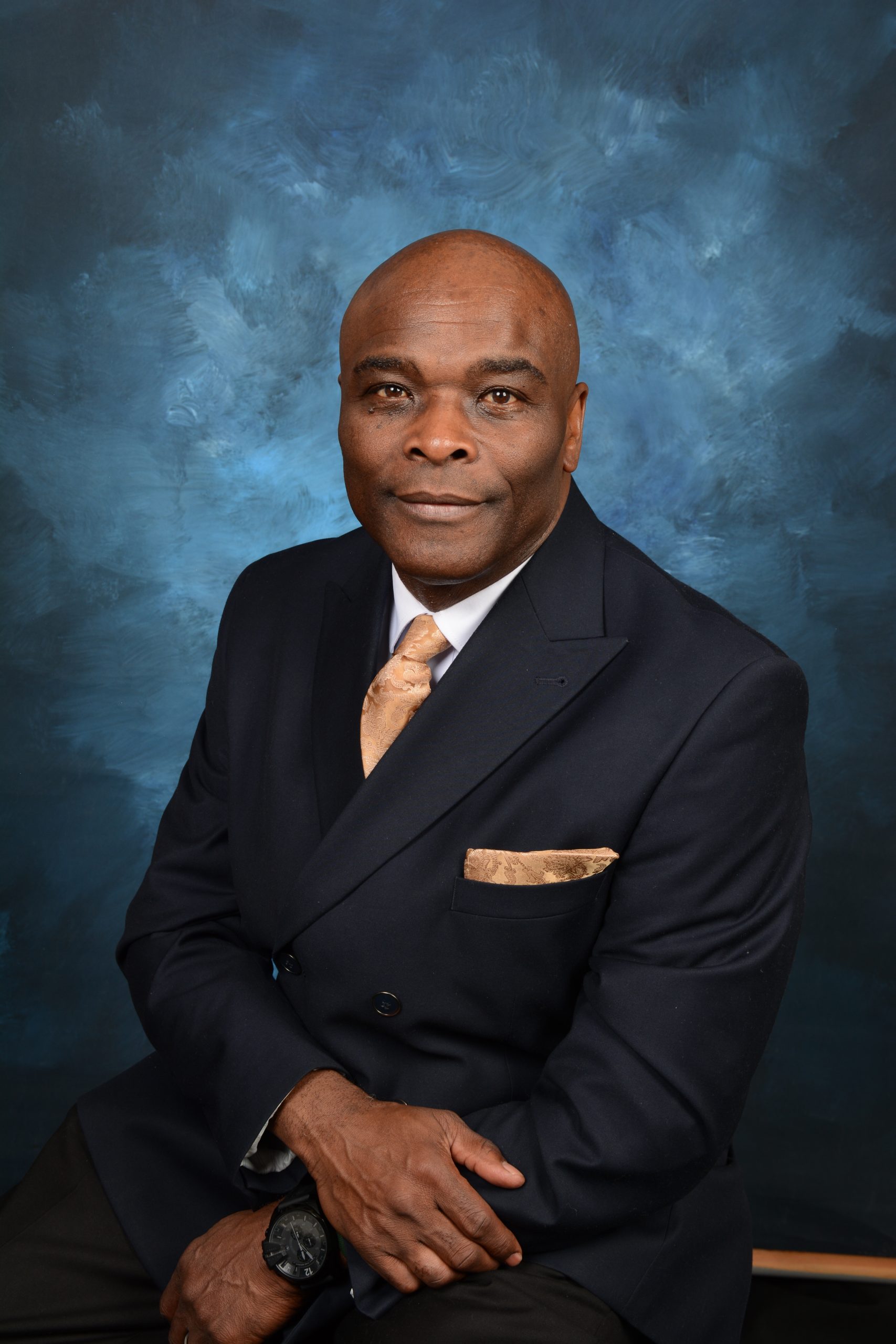The Right to Feel Safe — Without Fear
Public safety is one of the most important responsibilities any city must uphold.
But in District 7 — Roxbury, Dorchester, Fenway, the South End — safety has often been tied not to protection, but to surveillance, criminalization, and trauma.
True safety doesn’t come from more sirens, more arrests, or more prisons.
True safety comes from strong communities, trusted relationships, opportunity, and care.
It’s time to move beyond broken models of policing and invest in community-led safety strategies that actually make our neighborhoods safer, healthier, and more just.
The Bigger Picture: Federal Rollbacks and Local Inaction
In the wake of historic protests for racial justice in 2020, Boston — like many cities — promised reforms. Some changes were made:
Creation of alternative response teams for mental health crises (like BEST).
New rules around police budgets and surveillance.
But nationally, the momentum toward police reform has stalled.
At the federal level, DEI rollbacks have attacked programs supporting community alternatives to policing, mental health-first responses, and racial bias training.
Without strong local leadership, District 7 risks sliding backward into the old, failed “tough on crime” approaches that never served our communities.
Without strong local leadership, District 7 risks sliding backward into the old, failed “tough on crime” approaches that never served our communities.- James Grant
The Public Safety Crisis in District 7
Over-Policing:
Young Black and Latino residents are disproportionately stopped, searched, and arrested — often for non-violent offenses.Under-Investment in Prevention:
Programs that address root causes — poverty, trauma, lack of opportunity — remain underfunded.Mental Health Crisis Mismanagement:
Police, not mental health professionals, are often the first responders to people in crisis, leading to unnecessary incarceration or even fatal encounters.Gun Violence:
Concentrated poverty, trauma, and lack of services drive cycles of violence that policing alone cannot solve.
What District 7 Must Do
We must reimagine public safety from the ground up — investing not in more punishment, but in prevention, healing, and opportunity.
1. Expand Community-Based Violence Prevention
Fund trusted violence interrupter programs led by trained community members (like Operation LIPSTICK, B-PEACE, and StreetSafe).
Support youth-focused trauma recovery and conflict mediation programs.
2. Strengthen Mental Health Crisis Response Teams
Fully fund non-police mobile crisis units operating 24/7 in District 7.
Create specialized crisis centers as alternatives to jail for individuals in emotional distress.
3. Invest in Youth Development and Opportunity
Create safe spaces, afterschool programs, arts programs, mentorship, and youth employment initiatives to disrupt cycles of violence.
4. Rebuild Trust Through Restorative Justice
Implement neighborhood-based restorative justice hubs where minor offenses are handled through mediation, restitution, and healing — not incarceration.
5. Demilitarize and Democratize Public Safety
Limit use of military-grade equipment by Boston police.
Strengthen civilian oversight bodies with real investigative and disciplinary power.
How Your City Councilor Will Lead
If I am elected as your City Councilor, I will:
Fight for a District 7 Public Safety and Healing Fund — redirecting a portion of the policing budget into community-based solutions.
Introduce legislation mandating expansion of mobile crisis response teams citywide, with dedicated teams based in District 7.
Create a District 7 Community Safety Council — a permanent advisory body made up of residents, advocates, survivors, and youth to guide safety investments and monitor outcomes.
Push for civilian control over public safety budget decisions affecting District 7 neighborhoods.
Hold regular Public Safety Town Halls so residents, not politicians, set the priorities for what safety looks like in their own communities.
Beyond Crime Stats: What True Public Safety Looks Like
Real safety means:
A young person walking home from school without fear — of violence or of being profiled.
A parent able to call for help during a mental health crisis without risking their loved one’s life.
A small business owner thriving in a vibrant, supported commercial corridor.
A community where conflict is met with dialogue and healing, not with force.
Public safety is not policing.
Public safety is housing, education, healthcare, economic opportunity, mental health care, and community empowerment.
The Risk of Inaction
If we don’t act boldly now:
Cycles of violence will continue.
Trust between residents and public safety systems will erode even further.
Resources will continue to flow toward punishment instead of prevention.
The federal attacks on DEI, racial justice, and community safety programs have shown that we cannot wait for Washington to fix this for us.
We must lead right here, right now.
A New Vision of Safety for District 7
District 7 has always been a place of innovation, resilience, and courage.
We deserve a public safety system that honors that spirit — one that protects, uplifts, and heals.
Donate to this campaign and vote for me:
We can build a District 7 where every resident feels safe, valued, and free — without fear, without violence, and without injustice.
Together, we will reimagine public safety.
Together, we will make real safety a reality for all.
Together, we will reclaim what justice truly means.



